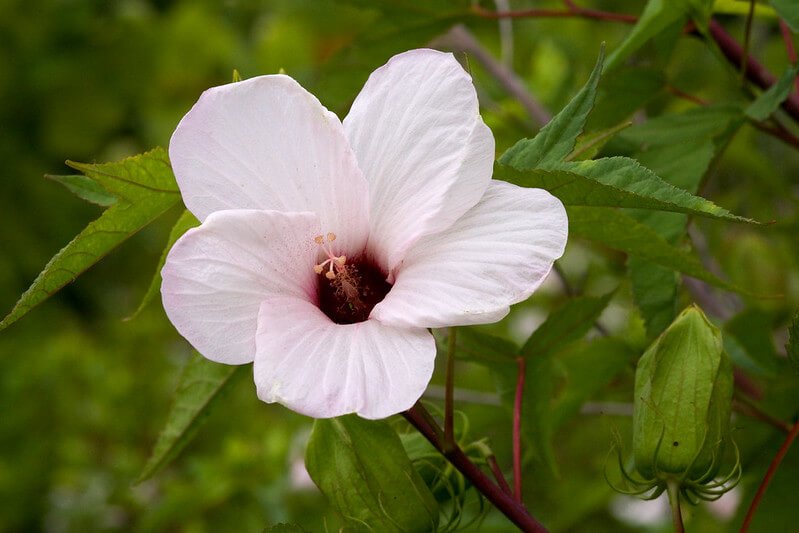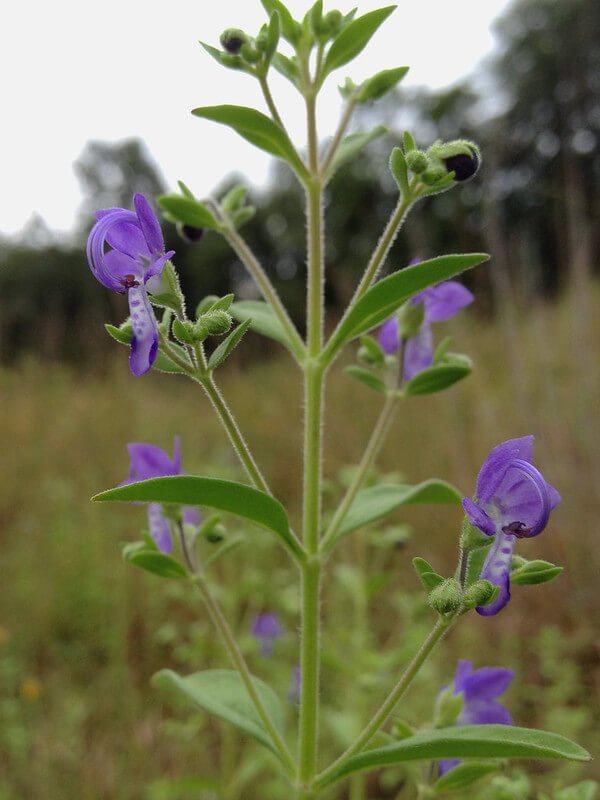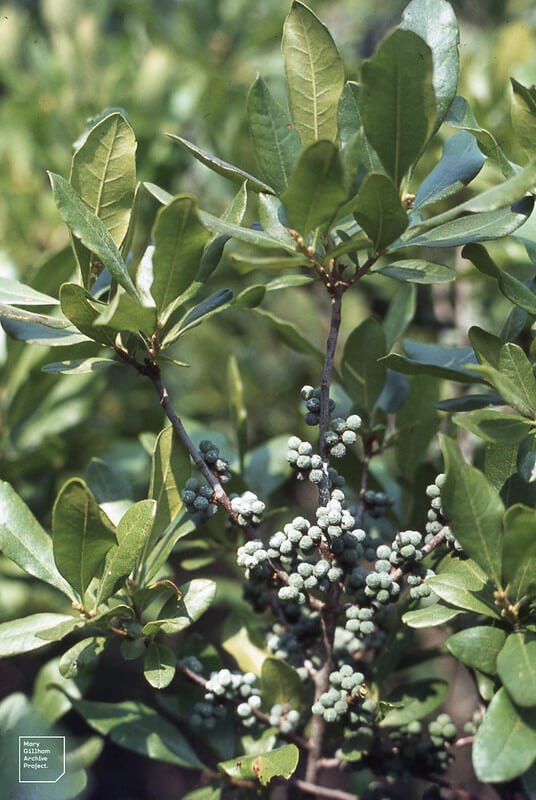Life Cycle: Perennial
Sun Exposure: Full, Partial sun
Soil Moisture: Medium-wet, Medium, Medium-dry
Height: 4-10 feet
Plant Spacing: 2-4 feet
Bloom Time: July-September
Bloom Color: Yellow
Advantages: Bird Favorite, Pollinator Favorite, Deer Resistant, Recommended, but can be a very vigorous self-seeder.
Host Plant: 6 species of butterflies and moths use this as a caterpillar host plant in our area (nwf.org)
Specialist Bee: Andrena aliciae, Paranthidium jugatorium, Megachile inimical (Johnson and Colla, 2023)
Species of Concern: State Status: Threatened (legally protected) State Rank: Imperiled (mnfi.anr.msu.edu)
Beneficial for Endangered or Threatened Species: Two-spotted Eucosma (Eucosma bipunctella) (mnfi.anr.msu.edu) and Giant Eucosma Moth (Eucosma giganteana) (mnfi.anr.msu.edu)
Resource: Johnson, Lorraine, and Sheila Colla. A Northern Gardener’s Guide to Native Plants and Pollinators: Creating Habitat in the Northeast, Great Lakes, and Upper Midwest. Island Press, 2023






